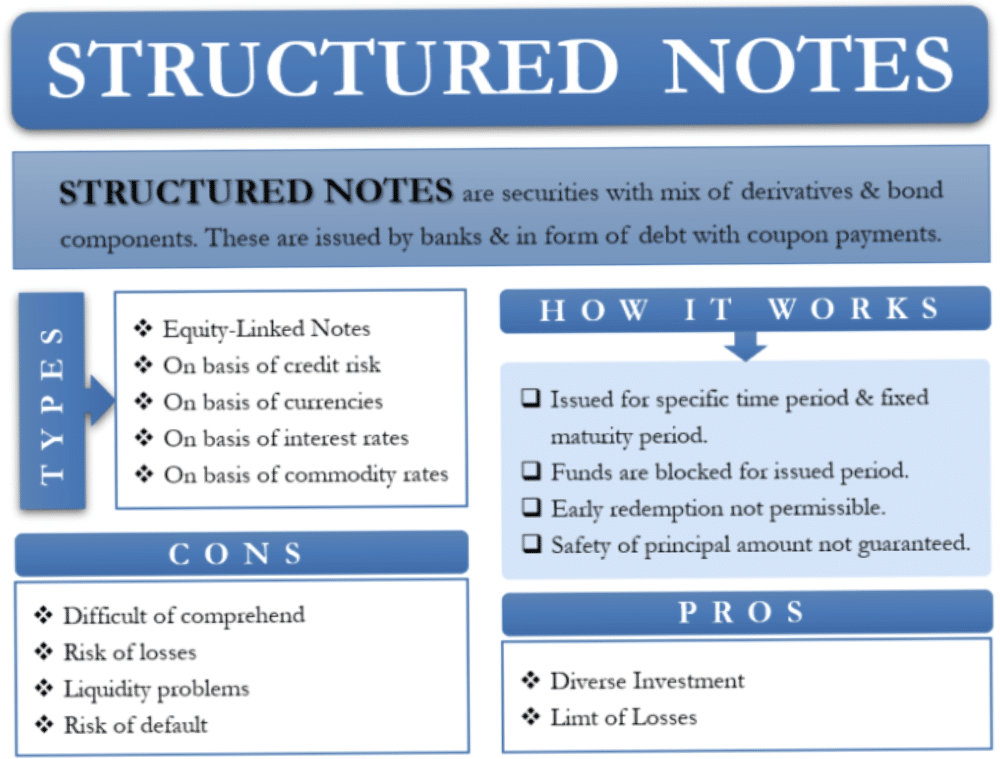Last Updated on 02/02/2024 by Carl-Peter Lehmann
Drafting a valid last will and testament is a critical step in estate planning, ensuring your assets are distributed according to your wishes. It’s not just about drafting a will but ensuring it’s legally valid, clear, and updated regularly. Without a valid will you run the risk of dying intestate. And that’s the last thing you want, particularly if you have anyone dependent on you. Here’s a guide to creating a valid will:

8 Steps to Drafting a Valid Will
A last will and testament can be as simple or complicated as you need it to be. The more complex your estate, the more thought you will need to give it. Even more so once you own assets across multiple jurisdictions. But here are some basic principles to follow to at least make sure your will is valid.
Who Should Draft a Will?
Anyone with assets or dependents should consider drafting a will. Without one, you risk your estate being distributed under the default laws of intestacy, which may not align with your intentions, potentially leaving your loved ones financially vulnerable.
Eligibility to Draft a Will:
Legally, you can draft a will if you are over 16 and of sound mind, meaning you understand the implications of your actions and are not under duress or undue influence. A will crafted under coercion is deemed invalid.
Requirements for a Valid Will:
A will can be handwritten or typed, provided it’s legible. It must be signed by you and two competent witnesses (who aren’t beneficiaries) on every page and near the last line of the document. A competent witness is anyone over 14, of sound mind, and aware of their actions.
Dating a Will:
While not legally mandatory, dating your will helps avoid confusion, especially if you update it, ensuring the most recent version is recognized as valid.
Modifying or Revoking a Will:
You’re free to amend or revoke your will at any time, but it’s crucial to follow the correct legal procedures to ensure the changes are valid. (getting rid of old copies is also usually a good idea).
Impact of Divorce on a Will Post-Divorce:
You have a three-month window to update your will. Failure to do so might result in your ex-partner inheriting as per the original will, assuming that was your intention.
Choosing Between a Template and Professional Drafting:
The complexity of your estate and personal needs should guide your decision. While a basic template might suffice for simple estates, professional drafting is recommended to avoid potential pitfalls and ensure all legal aspects are covered. Professional services are generally affordable and provide peace of mind.
Closing Remarks on Drafting a Valid Will
Estate planning is a fundamental aspect of comprehensive financial planning, beginning with a properly drafted and valid will. This ensures your estate is managed and distributed as you wish. Do not neglect this aspect of your financial planning! We have seen too often the devastating consequences of this being neglected.
At Henceforward, making sure your estate planning is on point (including checking and updating your wills), is a key part of what we do. Do get in touch if you have any questions or concerns about this aspect of your life.

Carl-Peter Lehmann
Carl-Peter is a Director and Partner at Hencforward with more than 20 years experience. Henceforward work with a number of attorneys and legal specialists to ensure their clients wills and estate planning is on point (including those with offshore assets).





